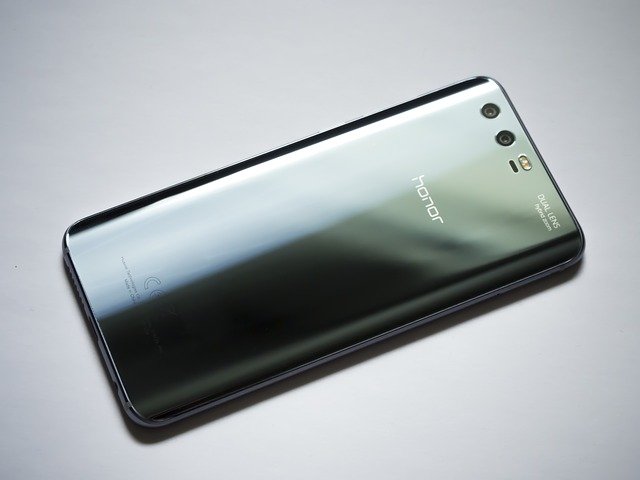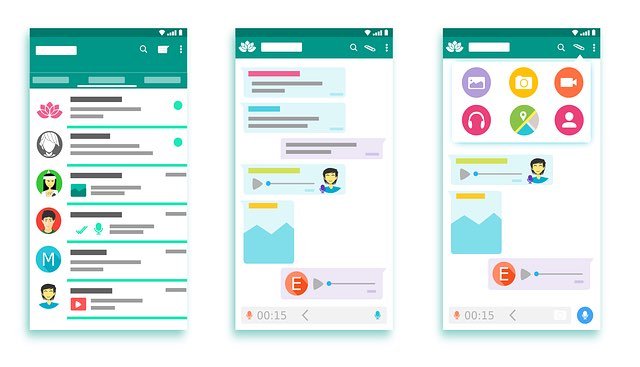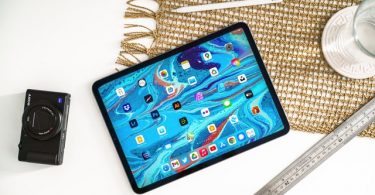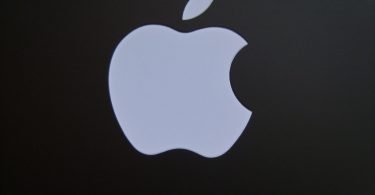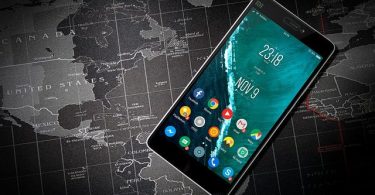Are you a Huawei Smartphone Owner and wondering what Google’s Huawei Ban means for you? Keep reading to find out!
In May, 2019 the Trump administration added the Chinese phone manufacturer Huawei to the trade blacklist. The latest move in the ongoing trade war between the two countries will make it very difficult for Huawei to do business with U.S. companies, especially when it comes to buying tech. This resulted in Google blocking Huawei’s future access to Android updates and Google apps. With applications such as Google Chrome becoming more advanced, Huawei will be missing out on these developments.
In the first quarter of 2019, Huawei shipped more than 59 million smartphones to the U.S., all powered by the Android operating system. If not for the trade blacklist, Huawei was expected to become the biggest seller of Android-powered mobile devices globally, beating Samsung by a good margin. The administration offered a minimal reprieve however, issuing a temporary license for the company to continue working with U.S. brands until August 19.
What Does Google’s Huawei Ban Mean For Current Users?
Google made a statement on Twitter regarding the halting of the Android license for Huawei, clarifying that the “current Android phones will continue to have access to Google services and applications”. This means that services like Google Play and Google Play Protect will keep functioning on existing Huawei devices.
In response, Huawei has been reassuring their customers, saying they “will continue to provide security updates and after sales services to all existing Huawei and Honor smartphone and tablet products covering those which have been sold or are still in stock globally.” However, Pocket Lint’s article on the ban differentiates between “security updates and after sale services” and feature updates, which might mean that existing Huawei and Honor users may not get to experience Android Q features.
Check This: How to Disable Google Play Services?
What Does Google’s Huawei Ban Mean For The Future Owners?
On the other hand, the brunt of the development will be on the upcoming Huawei devices. A Reuters report on Huawei stated: “the next version of its smartphones outside of China will also lose access to popular applications and services including the Google Play Store and Gmail app.” This ruling means that Huawei will only be able to use the open-source version of Android, which doesn’t include accessibility to Google applications like Maps, YouTube, Google Assistant or any of the aforementioned.
Google’s Huawei Ban Implications
Huawei users should also watch out for the other implications brought about by the blacklist. Tech Radar discusses how the ban excludes the Chinese company from the Wi-Fi Alliance and the SD Association, two bodies which govern and create standards for the technology used for connectivity and mobile storage. Denying Huawei access to these bodies would mean that the company couldn’t play a part in “shaping the future of these technologies,” although they will still be able to use them.
Importance of legalities
The grounds for the Huawei ban hinge on the perception of the company as a threat to U.S. national security. Sycaruse University law professor William Snyder commented on the situation, stating that “any company that supplies such a large percentage of the market for components of telecommunications networks and has such ties to the People’s Liberation Army is a threat. Huawei’s need to operate under Chinese laws about cooperation with the Chinese military and intelligence agencies is of concern.”
The entire incident underscores the importance of legalities in the world of disruptive tech. In global tech development, the law plays a vital role in protecting privacy. Special Counsel states how the next five years will see an increasing demand for solutions related to eDiscovery, a branch of legal services that focuses on gathering evidence through modern technology. If Huawei operates outside of the U.S. legal system then users could find their privacy rights affected. The company could use their phones to gather data without the consent of the mobile device owner. In an industry where advancements emerge left and right, legalities are crucial to its growth. And it is one reason why Huawei is being banned from the U.S. consumer market.
Trump gives a glimmer of hope
In recent statements, Trump has offered a glimmer of hope to the company in the form of possible future trade negotiations. He’s quoted as saying “If we made a deal, I could imagine Huawei being possibly included in some form or some part of it.” His words explore the prospect of the trade skirmish being resolved through further negotiations and the creation of future trade deals. It’s worth noting however that tensions between the U.S. and China have been escalating, and it may take a while for the situation created by Google’s Huawei ban to be resolved.

